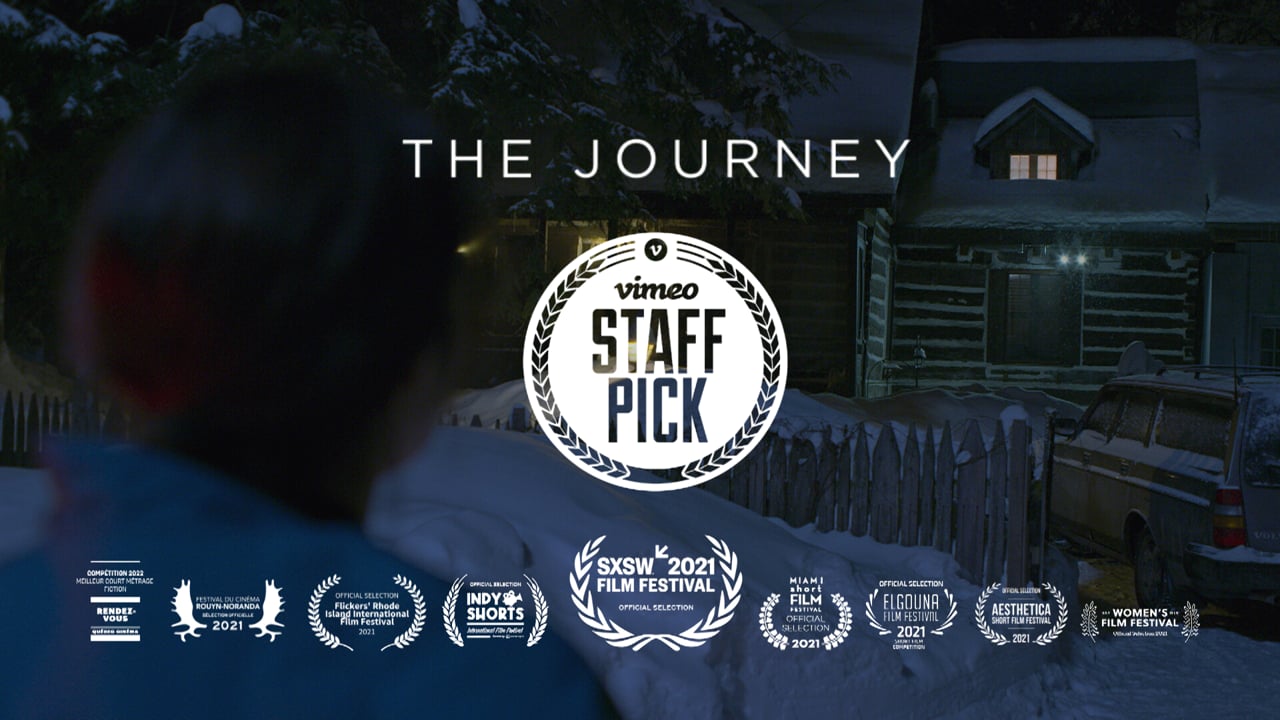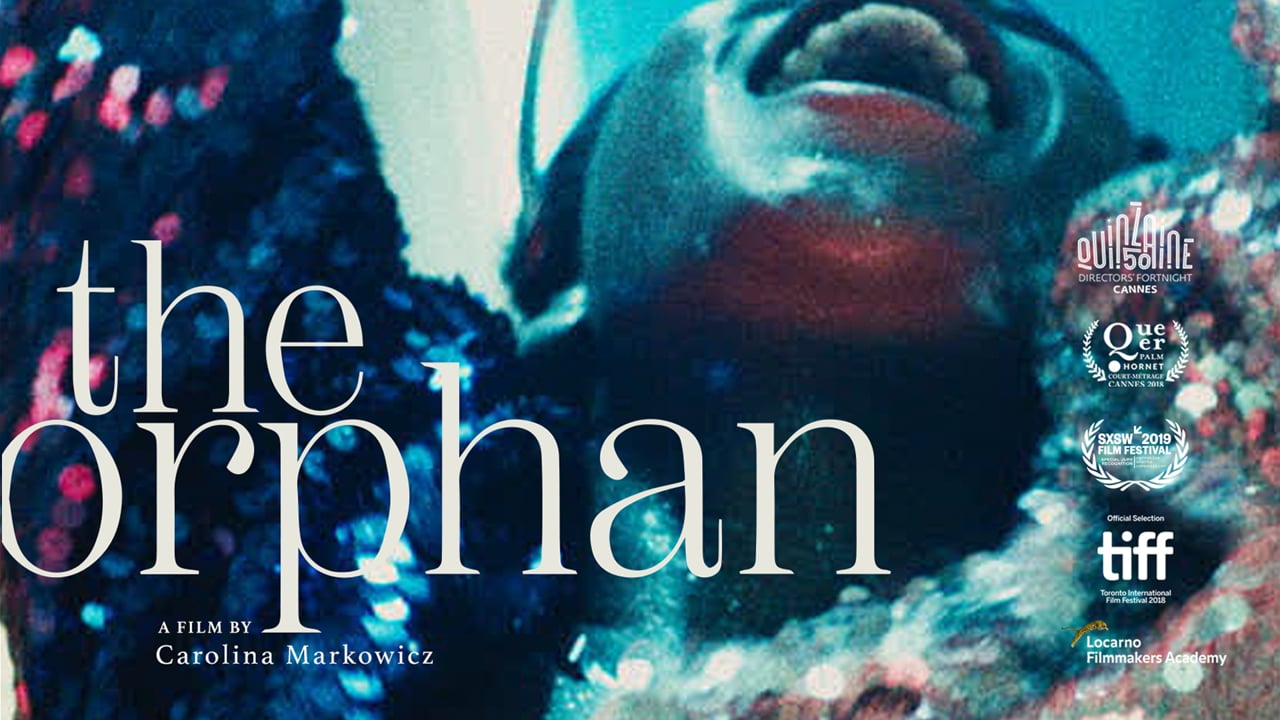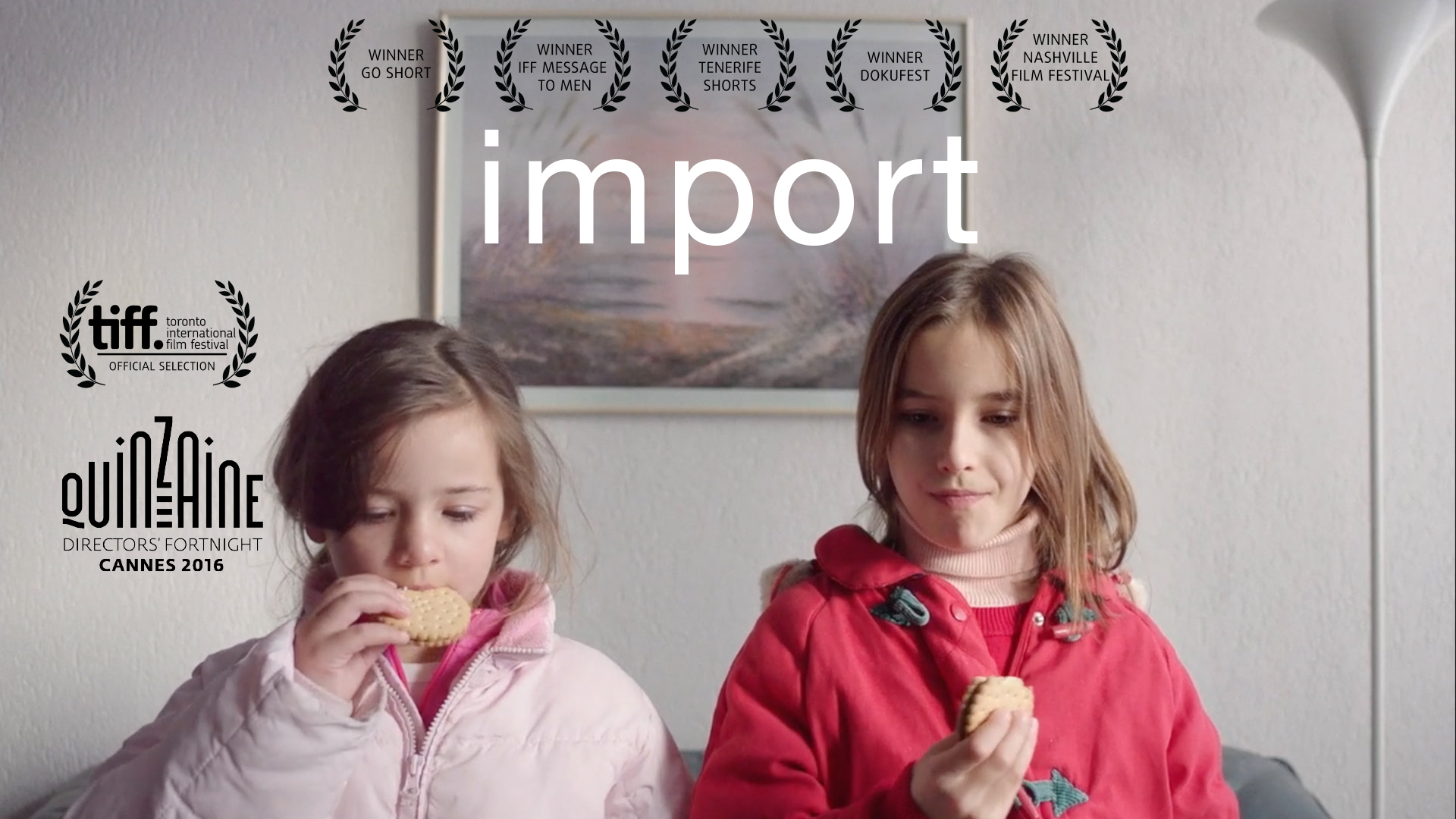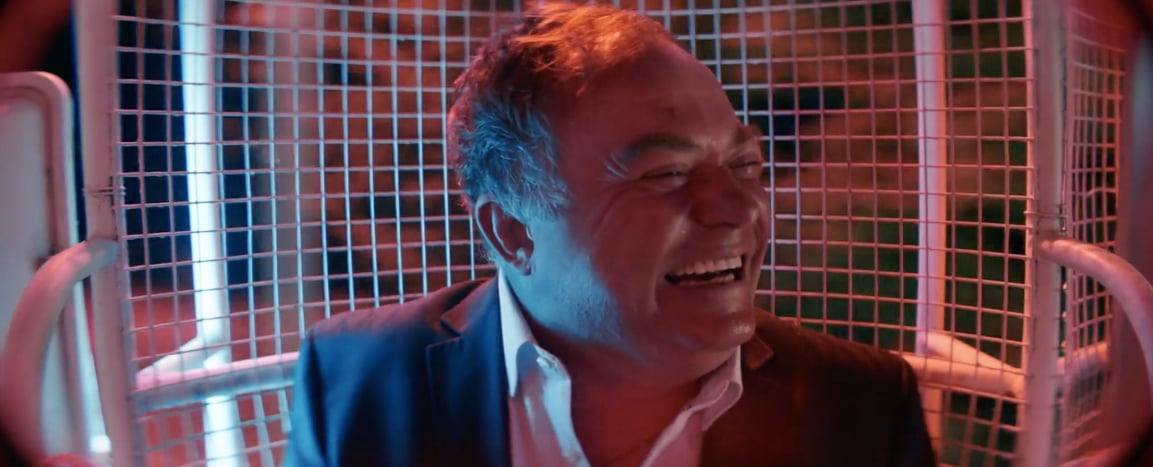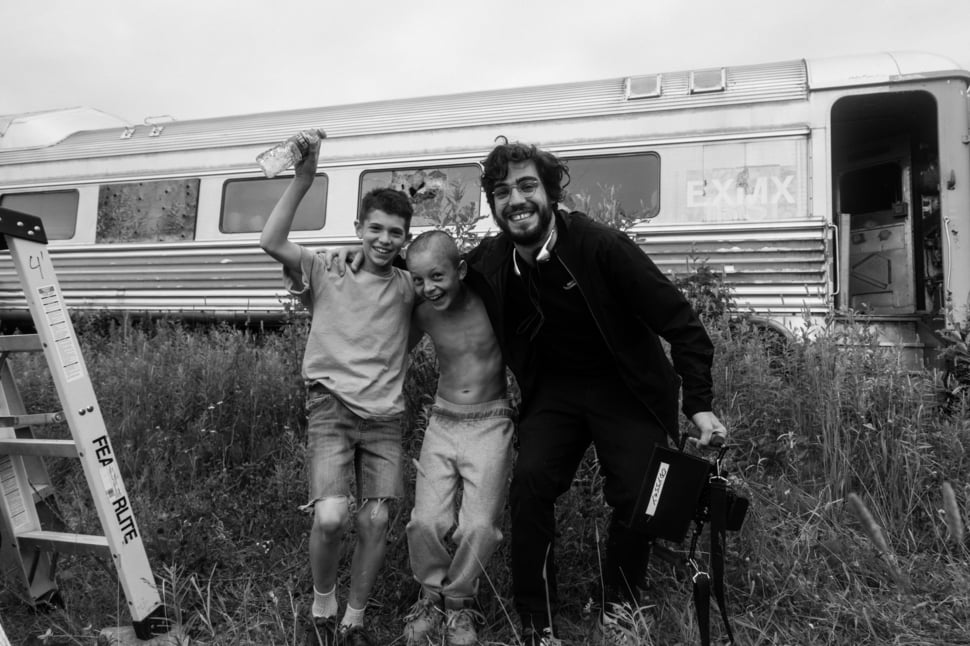Death is never straightforward. Its effects reverberate through loved ones, acquaintances, and beyond. Each person experiences grief differently, but oftentimes it can be a reckoning for one’s own life. For filmmaker Amelie Wen, she encountered death when a college friend was gravely injured in a skiing accident and fell into a deep coma. Before her friend passed, Wen visited her family in the hospital and was profoundly touched by the tremendous care and dignity with which the parents handled their loss and grief. That moment shaped Wen and was the inspiration for her acclaimed AFI thesis film and this week’s Staff Pick Premiere, “Fata Morgana.”
Opening on a middle-aged Chinese couple after they’ve learned about the death of their only daughter, Wen’s camera lingers on the emotions etched into their faces. It is the couple’s first time in the United States, and the challenges of organizing funeral rites and dealing with cultural differences amidst their grief starts to unravel them. Remarkably assured, the film captures poignant moments and subtle shifts in the couple with an astounding realism. The short is told mostly from the perspective of the mother (played by Mardy Ma), in part because she speaks English, whereas her husband does not, but also because Wen’s film attempts to address the many contradictions of the modern educated Chinese woman. Ma’s character is the crux of the film; she has the most agency, because of her education, but is also the most constricted because of her traditional religious beliefs. It is the examination of these elements that makes the film: the quiet way she is patronized for her funeral wishes, the subtle sexism of not being handed the restaurant bill, and the complex emotions of addressing China’s one-child policy.
The title “Fata Morgana” perfectly captures those contradictions with a bit of magical realist flair. It references a specific type of mirage, where a narrow band develops just above the horizon giving the illusion of floating objects, buildings, or landscapes. This distortion of reality is an apt metaphor for the sorrow following a death. Uprooted from their reality, the couple drifts from a jeweler to a crematorium to a restaurant searching for answers in their customs and beliefs, but instead are confronted with the realities of urban American culture. What ostensibly begins as a film about the death of a child and the process to send her to rest quietly transforms into an examination of a couple’s relationship and their own lives. “We see shadow when there is light,” Wen says. “Likewise, we understand death through the eyes of the living.” For Wen, this was always the way she wanted to handle the story — to explore not the death itself, but how family and friends handle grief in very different and personal ways. It’s a powerful film and one that will continue to reverberate well after it ends.
Check out more of Vimeo’s Staff Pick Premieres here.

